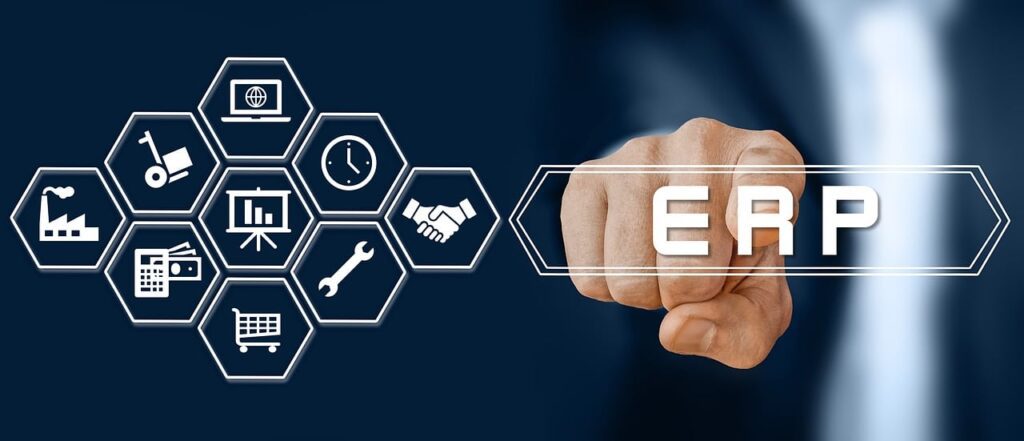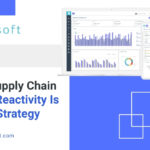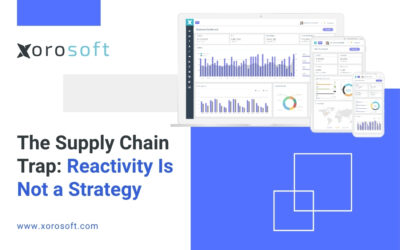
Understanding compliance and regulatory standards
As businesses operate in an increasingly complex and regulated environment, it has become imperative for organizations to adhere to compliance and regulatory standards. These standards ensure that businesses operate ethically, protect consumer rights, and maintain transparency in their operations. Compliance and regulatory standards vary across industries and jurisdictions, making it challenging for businesses to keep up with the ever-changing landscape.
Compliance involves adhering to laws, regulations, and industry-specific guidelines that govern a business’s operations. Regulatory standards, on the other hand, are imposed by regulatory bodies to ensure that businesses meet specific criteria and maintain a certain level of quality and safety. Failure to comply with these standards can result in severe penalties, legal consequences, and damage to a company’s reputation.
The challenges of managing compliance and regulatory standards
Managing compliance and regulatory standards manually can be a daunting task for businesses. It often involves extensive paperwork, complex processes, and the need to constantly monitor and update policies and procedures. Additionally, different departments within an organization may have their own compliance requirements, making coordination and communication challenging.
Moreover, the sheer volume of regulations and standards that businesses need to comply with can be overwhelming. Companies must navigate through a maze of legal jargon, interpret complex regulations, and ensure that their processes align with the requirements. This can consume significant time and resources, diverting focus away from core business activities.
Introducing ERP systems and their benefits
Enterprise Resource Planning (ERP) systems have emerged as a powerful tool for businesses to streamline compliance and regulatory standards. An ERP system integrates various business functions and processes into a centralized platform, providing real-time visibility, automation, and data-driven insights. By leveraging the power of technology, ERP systems offer numerous benefits for managing compliance effectively.
One of the key advantages of an ERP system is its ability to automate compliance processes. Manual compliance management involves repetitive tasks, such as data entry and report generation, which are prone to errors. An ERP system automates these processes, reducing the risk of human error and ensuring accuracy in compliance-related activities.
Another benefit of an ERP system is the consolidation of data from different departments. Compliance requirements often span across multiple departments, and an ERP system brings together data from various sources, allowing for easier monitoring and reporting. This centralized approach enhances transparency and facilitates better communication and collaboration between departments.
How an ERP system streamlines compliance and regulatory standards
An ERP system streamlines compliance and regulatory standards by providing a comprehensive framework for managing and monitoring compliance activities. It allows businesses to establish standardized procedures, automate compliance-related tasks, and generate real-time reports to demonstrate compliance to regulatory bodies.
With an ERP system, businesses can create customized workflows and approval processes to ensure compliance at every stage. For example, in a manufacturing company, an ERP system can enforce quality control checks and document approvals to ensure adherence to regulatory standards. This not only streamlines compliance processes but also reduces the risk of non-compliance.
Furthermore, an ERP system enables businesses to track and monitor compliance activities in real-time. It provides a centralized dashboard that displays key compliance metrics, such as policy adherence, audit findings, and regulatory updates. This real-time visibility allows businesses to proactively address compliance issues, mitigate risks, and make informed decisions.
Key features of an ERP system for managing compliance
When selecting an ERP system for managing compliance, it is essential to consider key features that align with your business requirements. Here are some features to look for:
- Document management: An ERP system should have robust document management capabilities to store, organize, and manage compliance-related documents. It should support version control, document approval workflows, and easy retrieval of documents during audits or inspections.
- Risk assessment and management: Look for an ERP system that incorporates risk assessment and management functionalities. It should allow businesses to identify and assess potential risks, create mitigation plans, and track risk mitigation activities.
- Audit trail and reporting: An ERP system should have a robust audit trail feature that tracks all activities related to compliance. This includes documenting changes made to policies, procedures, and approvals. Additionally, it should provide customizable reporting capabilities to generate compliance reports and demonstrate adherence to regulatory standards.
Leveraging an ERP system for inventory management and compliance
In addition to streamlining compliance and regulatory standards, an ERP system can also enhance inventory management processes. Inventory management is a critical aspect of business operations, and non-compliance in this area can lead to financial losses, customer dissatisfaction, and reputational damage.
An ERP system with integrated inventory management capabilities allows businesses to maintain accurate inventory records, track stock levels in real-time, and automate inventory replenishment. This ensures that businesses meet regulatory requirements, such as maintaining adequate stock levels, expiry date management, and proper storage conditions for certain products.
Moreover, an ERP system enables businesses to track and trace inventory throughout the supply chain, ensuring compliance with product safety and recall regulations. In the event of a product recall, an ERP system can quickly identify affected inventory, track its disposition, and generate reports for regulatory authorities.
Enhancing accounting processes with an ERP system
Accounting is another area where an ERP system can significantly enhance compliance and regulatory standards. Financial reporting and adherence to accounting standards are critical for businesses to maintain transparency and trust with stakeholders.
An ERP system with robust accounting functionalities automates financial processes, reduces manual errors, and ensures compliance with accounting principles and regulations. It streamlines financial reporting, generates accurate financial statements, and facilitates audit readiness.
Additionally, an ERP system provides controls and security features to prevent fraud, unauthorized access, and data breaches. It enforces segregation of duties, restricts access to sensitive financial information, and maintains an audit trail of financial transactions.
Choosing the right ERP system for your business
When choosing an ERP system for your business, it is essential to consider your specific needs and requirements. Here are some factors to consider:
- Scalability: Ensure that the ERP system can accommodate your business’s growth and future needs. It should be scalable and flexible enough to adapt to changing compliance and regulatory requirements.
- Integration capabilities: Look for an ERP system that seamlessly integrates with other business applications, such as CRM, HR, and supply chain management systems. Integration allows for a unified view of data and simplifies compliance management.
- User-friendly interface: The ERP system should have an intuitive and user-friendly interface to promote user adoption and ease of use. Training and ongoing support should also be available to ensure a smooth transition and efficient utilization of the system.
Conclusion: Unlocking the power of technology with an ERP system
In today’s complex and regulated business environment, compliance and regulatory standards play a crucial role in ensuring ethical and transparent operations. Managing compliance manually can be challenging and time-consuming, diverting focus away from core business activities.
An ERP system offers a powerful solution for streamlining compliance and regulatory standards. It automates compliance processes, consolidates data from different departments, provides real-time visibility, and generates accurate reports. Additionally, an ERP system can enhance inventory management and accounting processes, further improving compliance and regulatory standards.
When selecting an ERP system, consider key features such as document management, risk assessment, audit trail, and reporting capabilities. Xorosoft ERP is a leading solution that offers comprehensive features for managing compliance and regulatory standards.
Unlock the power of technology with an ERP system and book a demo with Xorosoft today to experience the benefits firsthand.









